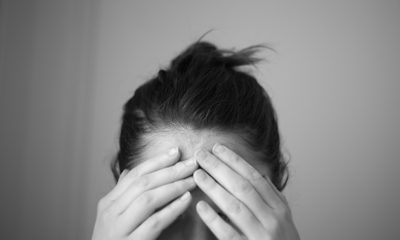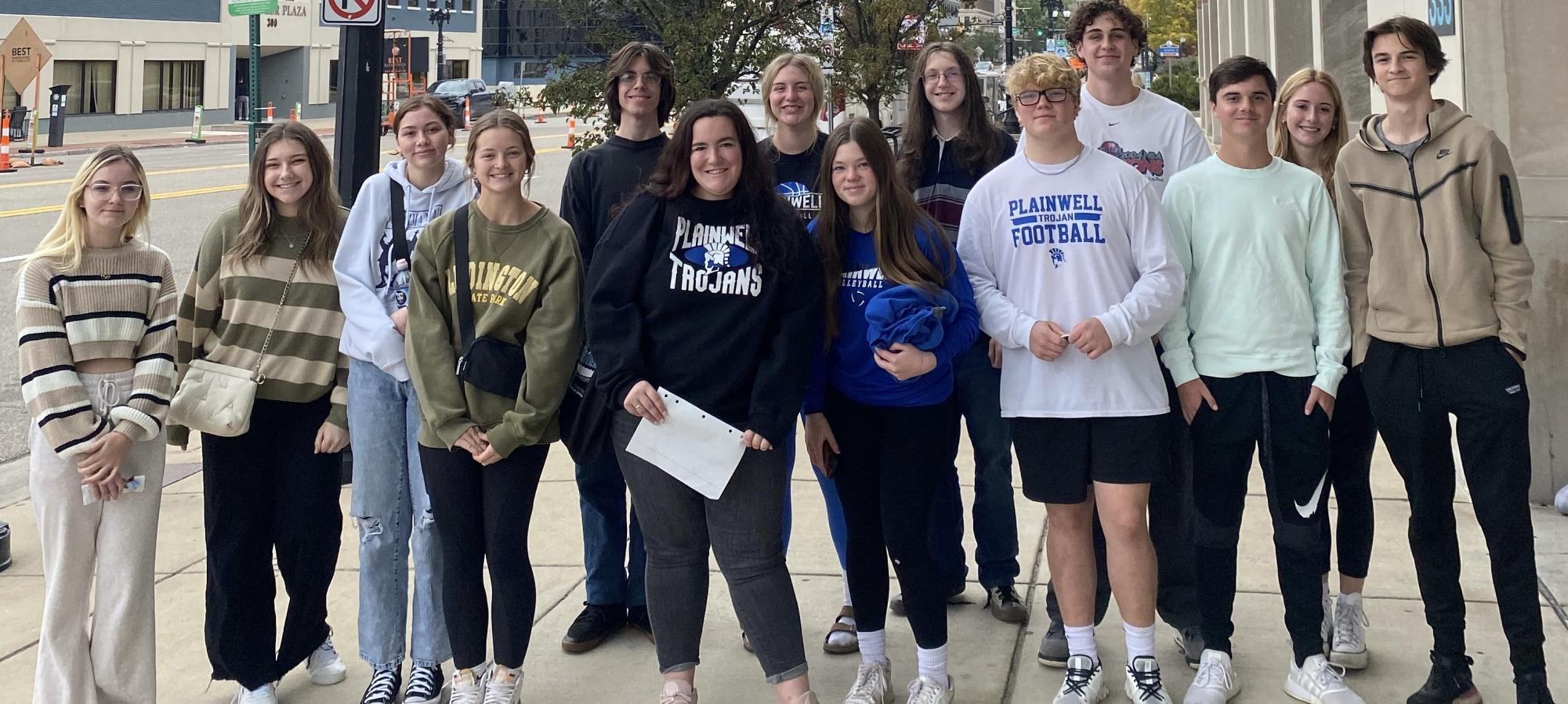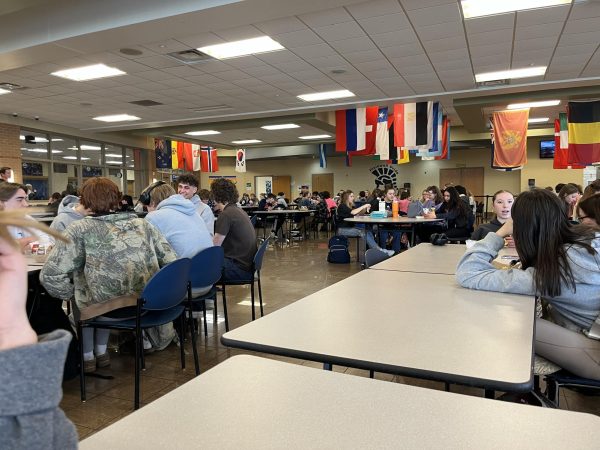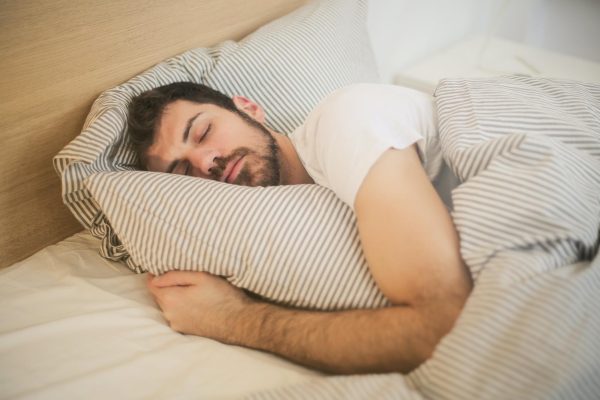Mental Health during the Pandemic

Taken with an old Helios 58mm
January 29, 2021
In a global pandemic it can be difficult to focus on anything other than your physical health, but in all reality your mental health is just as important, and talked about so much less. Physical and Mental Health go hand in hand, so it is important that both are closely monitored and taken care of.
“I’m a very social person and not being able to spend as much time with my friends has been really hard. To improve my mental health, I’ve been spending time outside and talking to my friends when I can,” said Carissa Oakes ‘22
According to the Centers of Disease Control and Prevention (CDC) 40.9 percent of people who were interviewed have reported having at least one adverse or behavioral health condition including anxiety or depression correlated to the pandemic. Of those interviewed 10.7 percent had considered suicide.
The pandemic and quarantine can be especially hard for people who are more extraverted and rely upon social interaction for their mental health. Online interactions don’t quite help as much as in person.
“I’m a very social person, I really enjoy talking, so not being able to talk to different people than the ones I live with is difficult,” said Grace Ruimveld ‘22.
In isolation, it is very difficult to have all of your social needs filled, especially with online or virtual school. The lack of interaction with teachers and other students has made learning especially difficult, for a lot of students. Many students find asking questions, or receiving help in online school a lot more difficult and challenging than in person.
“Online school is harder because you can’t interact with your teachers as much and there is a lot more work,” said Thai Nguyen ‘23.
There appears to be a stigma surrounding mental health, which is very counterproductive in a troubling time like this. That’s why it is important to find people you can talk to, and do your part to normalize conversations about mental health, by correcting people who are making fun of or mocking mental health issues or mental health.
“I try to practice what I preach in my Positive Psych classes; there are a lot of ways to pursue mental health. For me, I like to focus on meditation, exercise, and maintaining healthy social connections, even if they’re “virtual” right now,” said Positive Psychology teacher Nick Richardson.
During these times it is especially important to practice healthy coping skills such as, going for a walk, reading a book, calling a friend, and many more. It is also important to reachout if you are struggling, talk to your parents, teachers, and counselors, they can help you. Find what skills and strategies work best for you and go for it.
“It is easy to fixate on the negative but remembering the positives and expressing gratitude can keep me on track. I have found drawing in my journal has helped relax my stress and escape from the world,” said Art Teacher Regina Beltowski.
Student Senate put together a list of resources that can be used to help you improve your mental health; they are listed below.
This pandemic has had a lasting and detrimental effect on many people’s mental health. It is important to attempt to reduce the stigma, find healthy coping mechanisms, and reach out if you need help.
https://schools.au.reachout.com/articles/mental-health-websites
https://www.thetrevorproject.org
https://www.webmd.com/anxiety-panic/anxiety-tips









